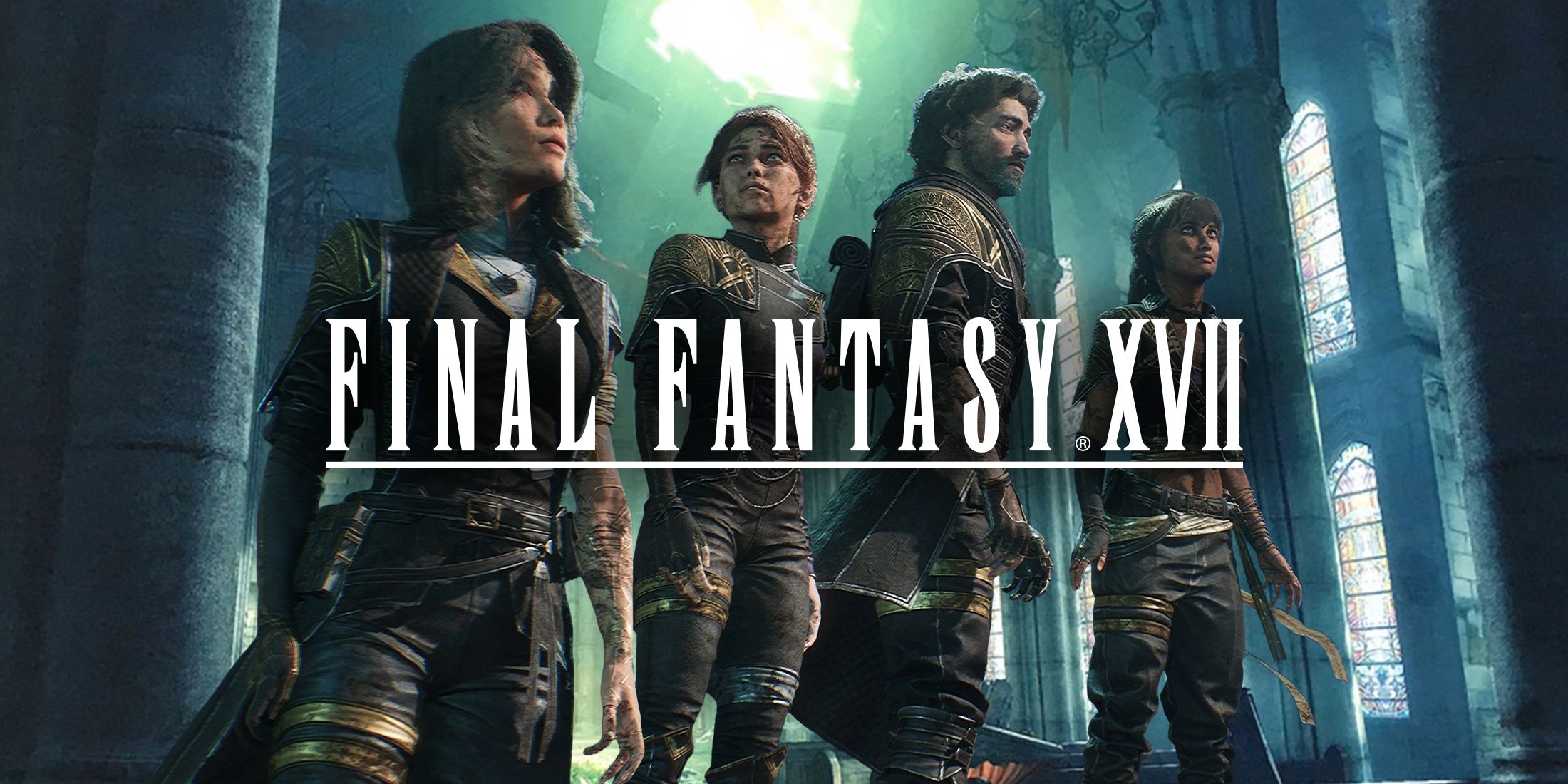The debate surrounding the combat mechanics of the iconic Final Fantasy series is seemingly endless. Fans, developers, and industry observers alike frequently ponder the direction of future mainline entries, particularly concerning the potential return to the series` classic turn-based roots. Stepping into this discussion recently was Naoki Yoshida, the widely respected producer behind the latest installment, the action-focused Final Fantasy XVI.
During a conversation at Anime Expo, Yoshida was directly asked about the possibility of the mainline Final Fantasy series reverting to a turn-based system. This question wasn`t asked in a vacuum; it follows the positive reception of titles like Clair Obscur: Expedition 33, a game that openly acknowledges its strategic combat inspiration from earlier Final Fantasy titles and Persona. Final Fantasy XVI, by contrast, represented a significant pivot, offering a pure real-time action experience that even streamlined the command menu system present in the previous mainline game, Final Fantasy XV.
Yoshida`s response, while not a definitive `yes` or `no`, provided valuable insight into the development philosophy at play. He emphasized that deciding the combat system is far more complex than simply isolating the battle mechanics. According to Yoshida, the choice is intrinsically linked to the overarching vision the creators hold for the game. Factors such as the desired graphical fidelity, the specific narrative they intend to weave, the overall game design principles, and the intangible “gameplay feel” they aim to achieve all collectively influence how the battle system – and indeed, all game systems – are structured. Therefore, whether a future game is more turn-based or more action-based isn`t a predetermined trajectory but a creative decision tied to the project`s core goals.
Furthermore, Yoshida highlighted a crucial, long-standing tradition within the numbered Final Fantasy series: each mainline game typically functions as a standalone universe, complete with unique settings, characters, and gameplay systems. Importantly, these distinct entries are often developed by different internal teams within Square Enix. Yoshida underscored his personal commitment to this philosophy, stating a clear intention not to impose creative constraints or “put them on a rail” for future directors or producers who will helm titles like Final Fantasy XVII or XVIII. This ensures that each new team has the freedom to innovate and define their own game`s identity, including its fundamental gameplay mechanics.
In summary, the future of Final Fantasy combat remains open, dependent on the creative visions of the teams tasked with building the next chapters. The decision to adopt turn-based or action combat will, according to a key figure within the franchise, be driven by what best serves the comprehensive design and narrative goals of each specific game, rather than adherence to a single prescribed style. The debate may continue among fans, but the developers appear focused on crafting unique experiences for each new journey.

